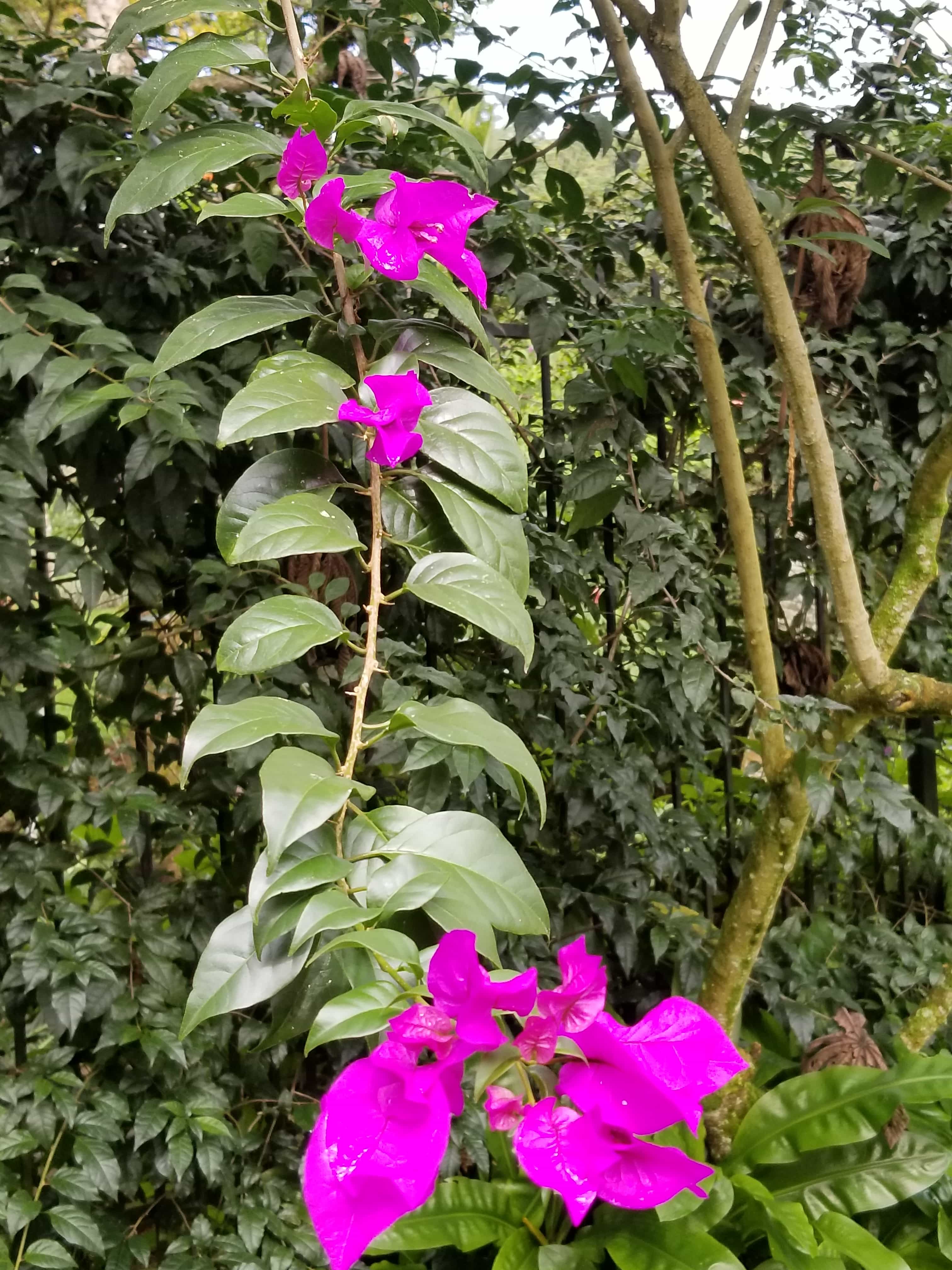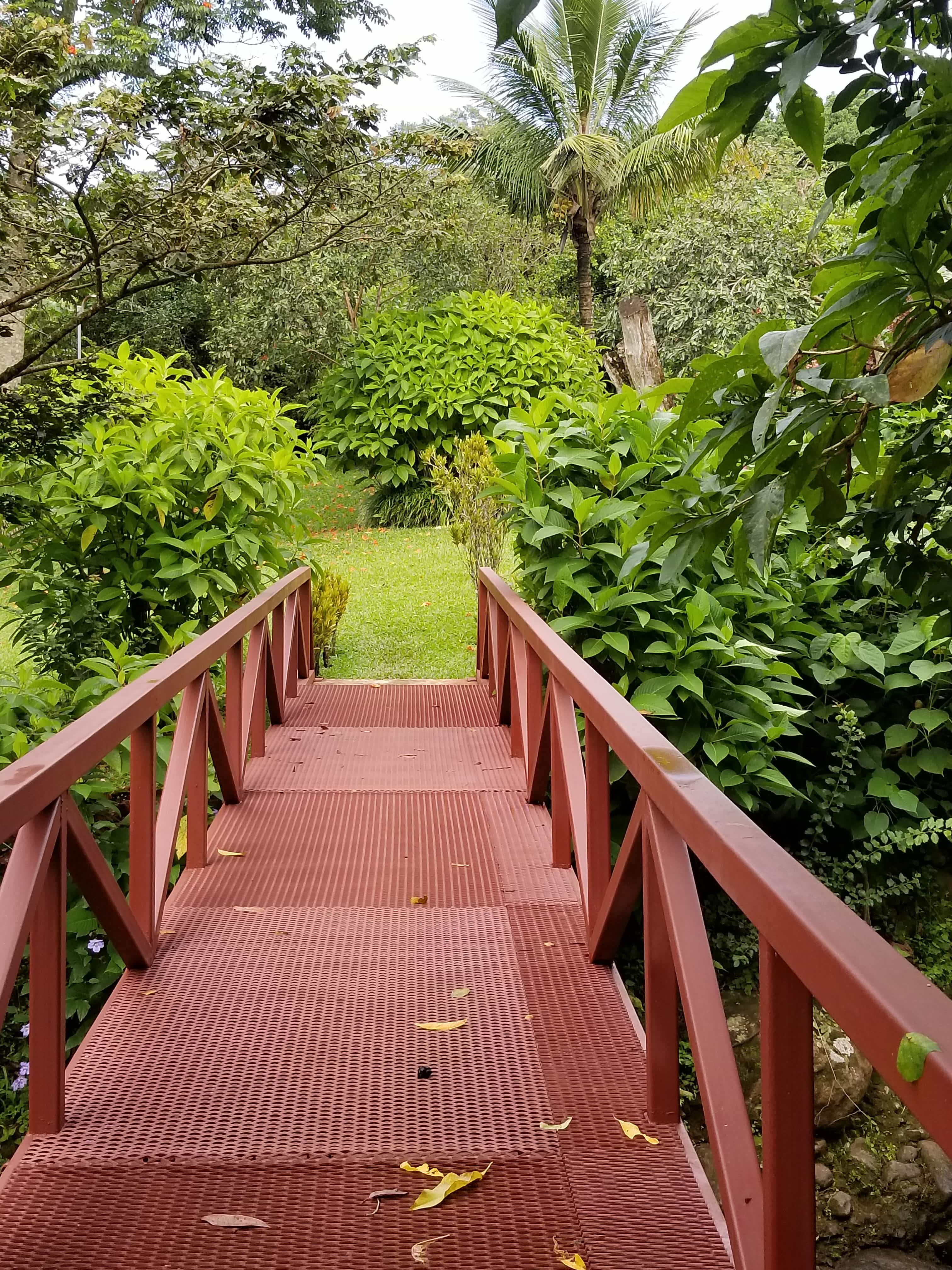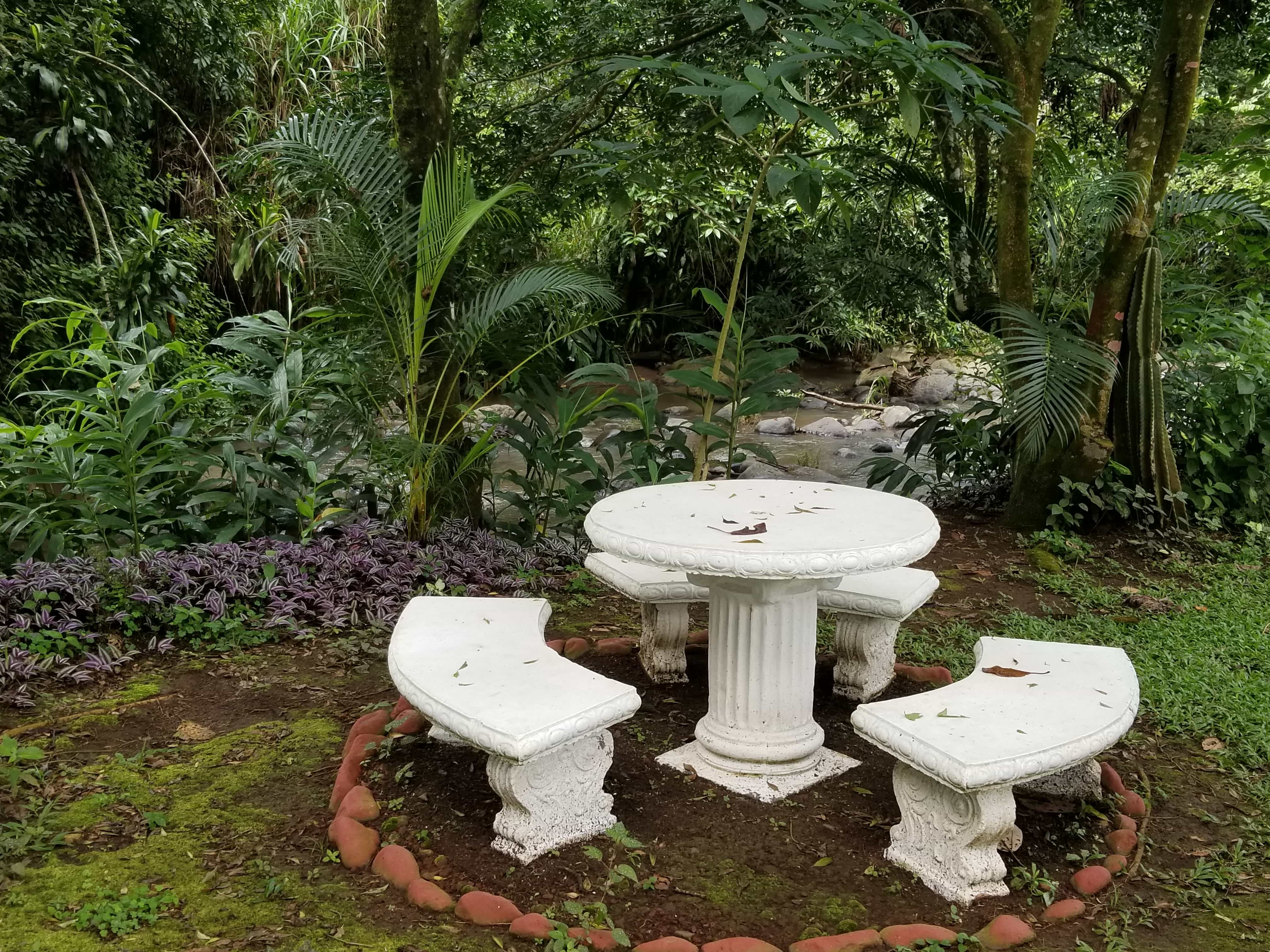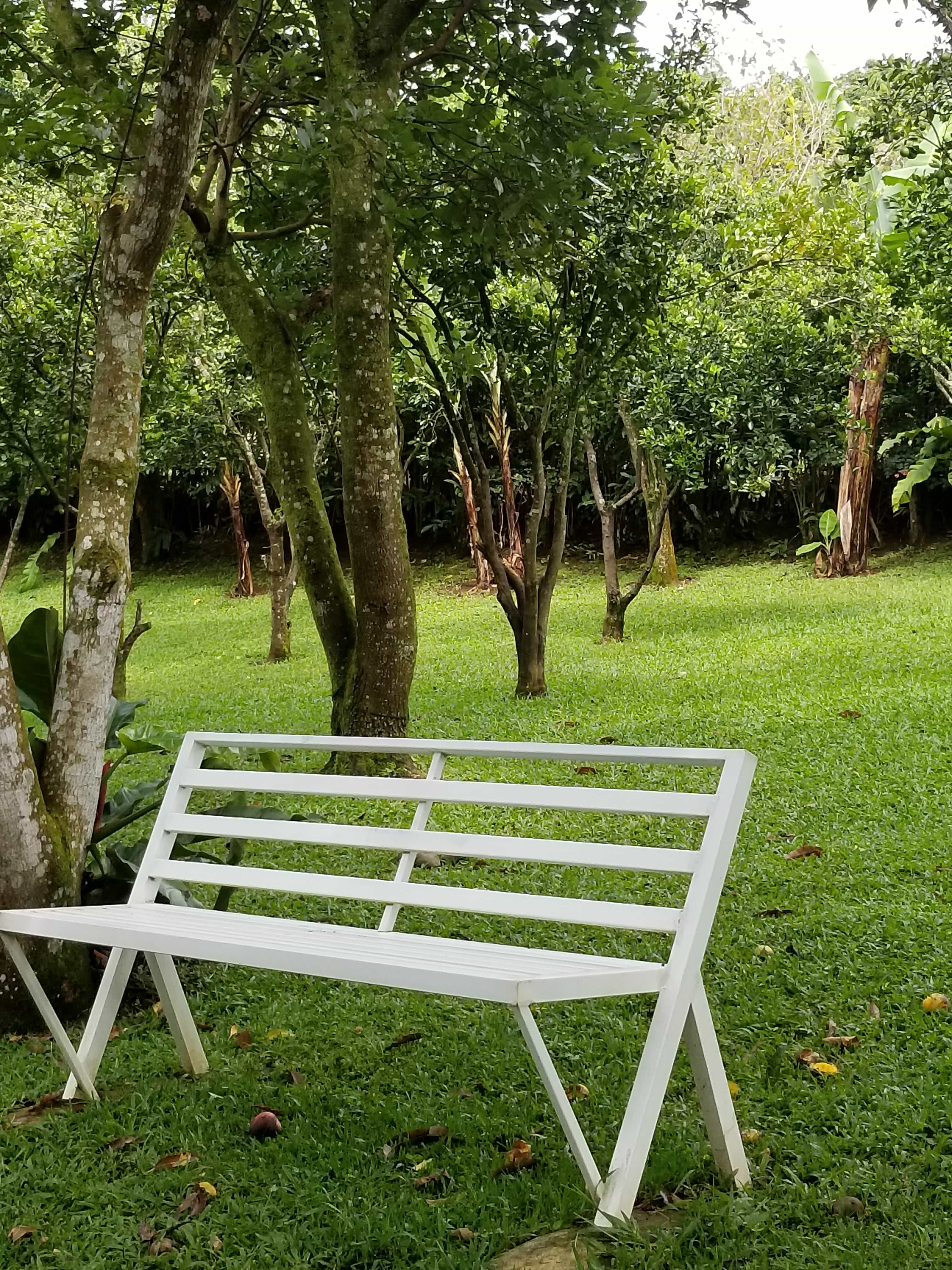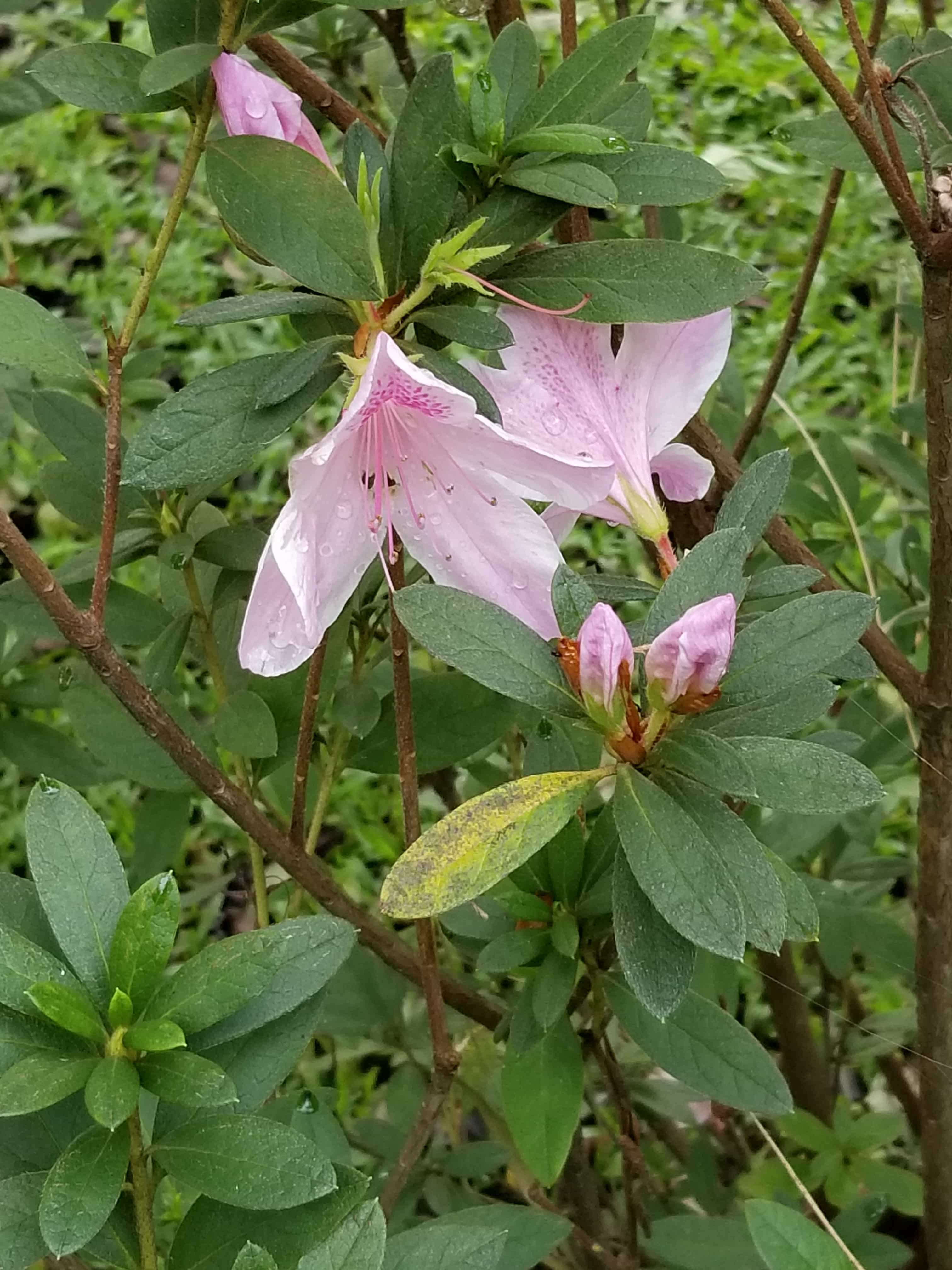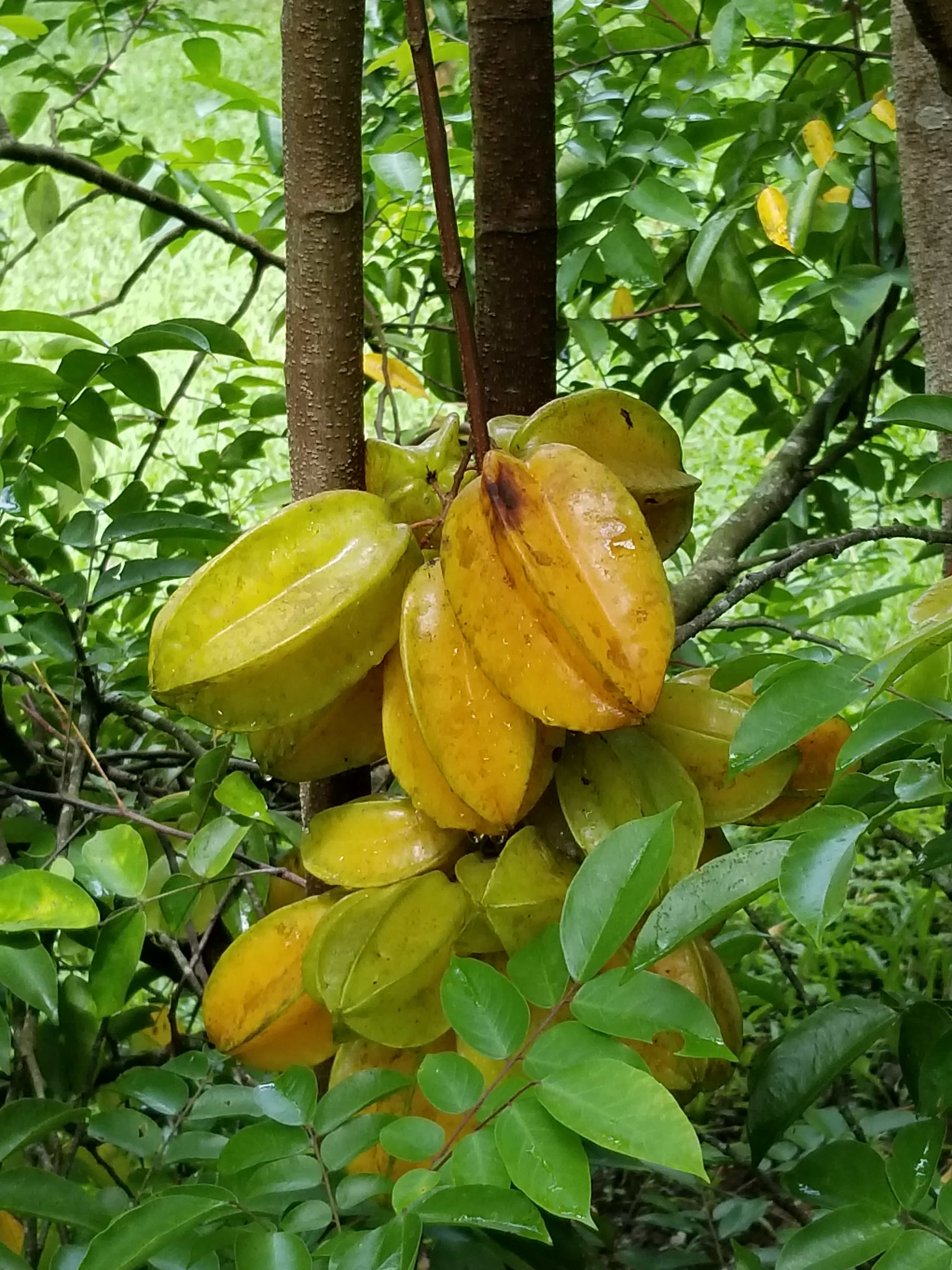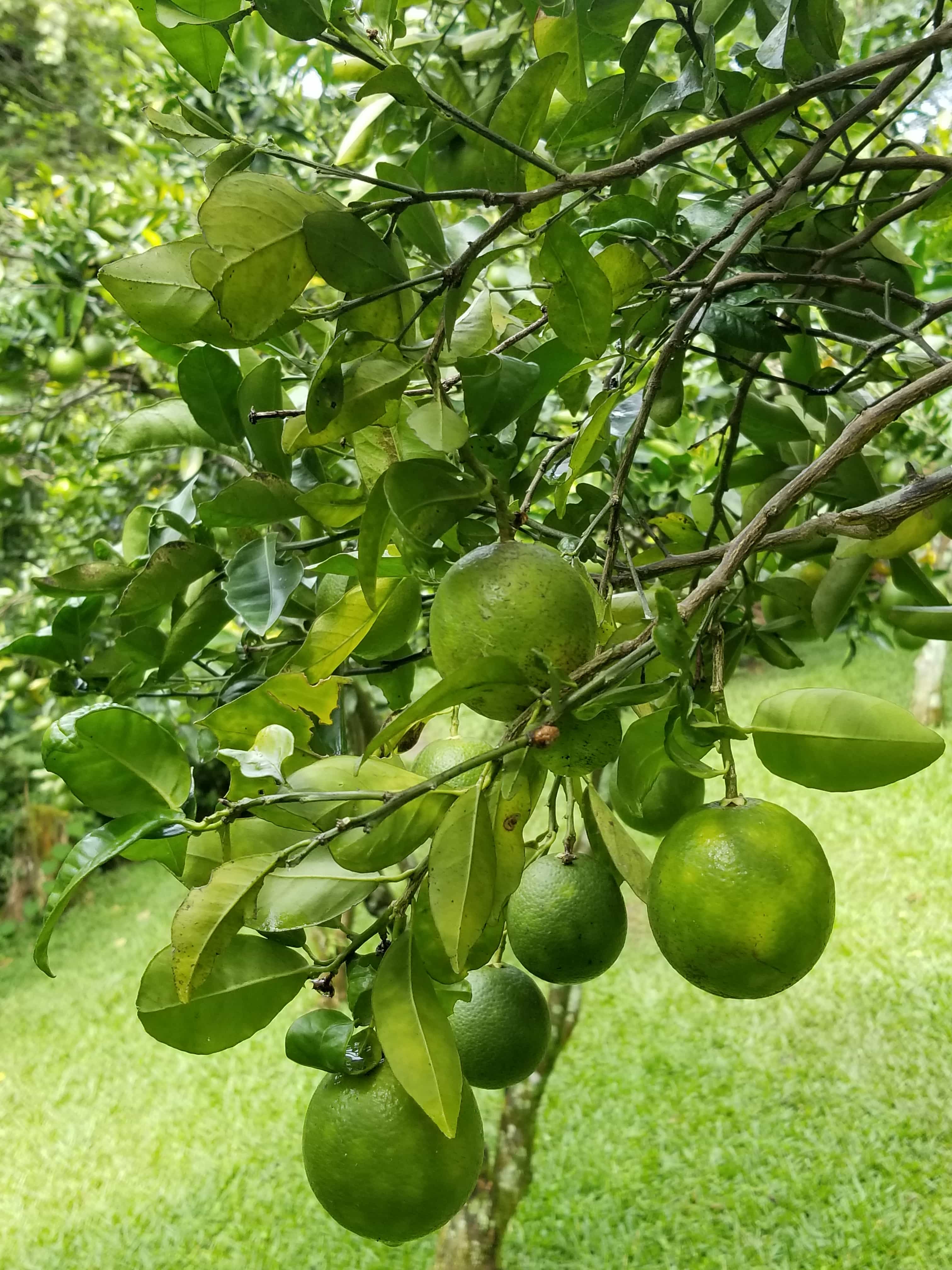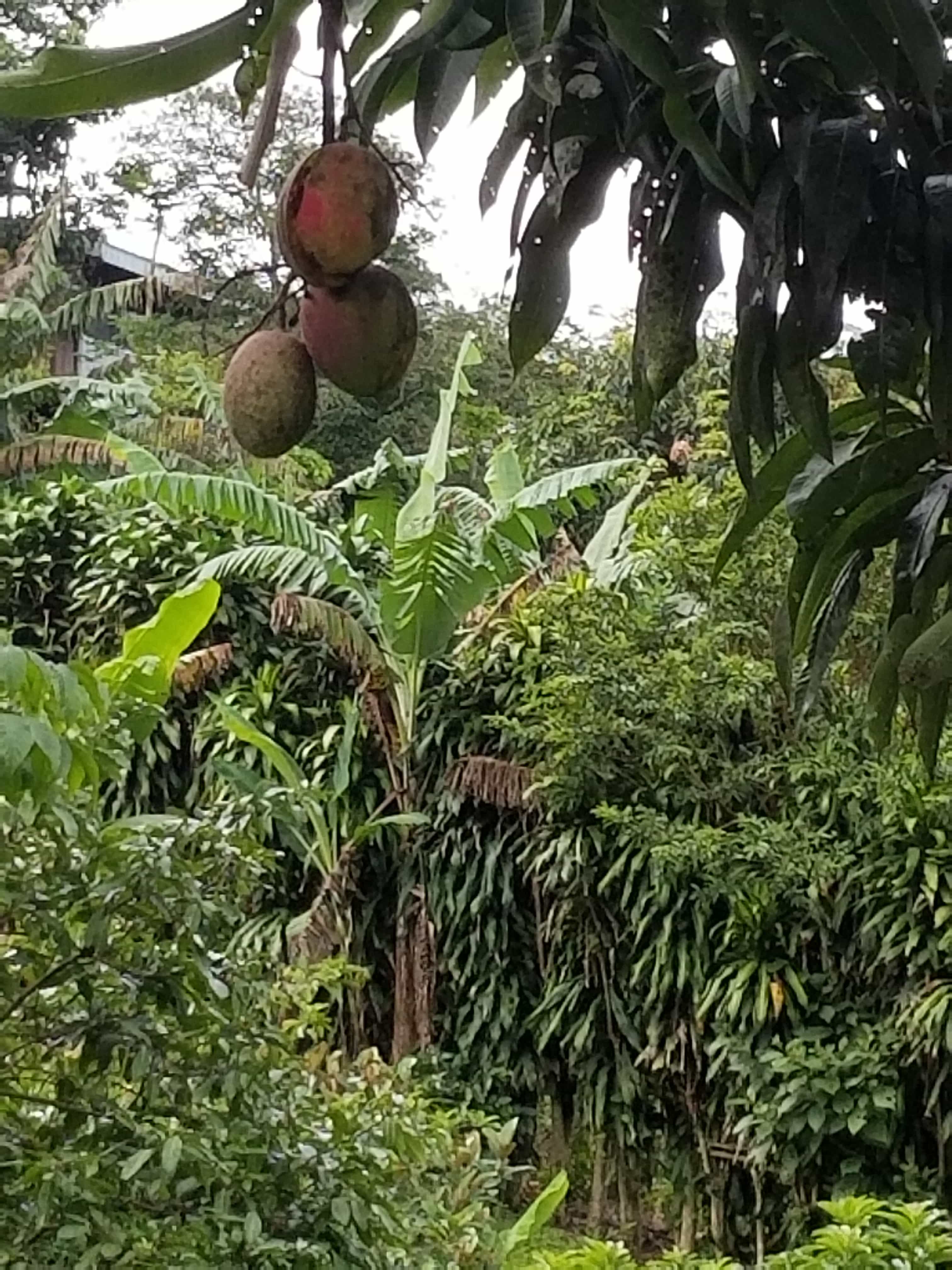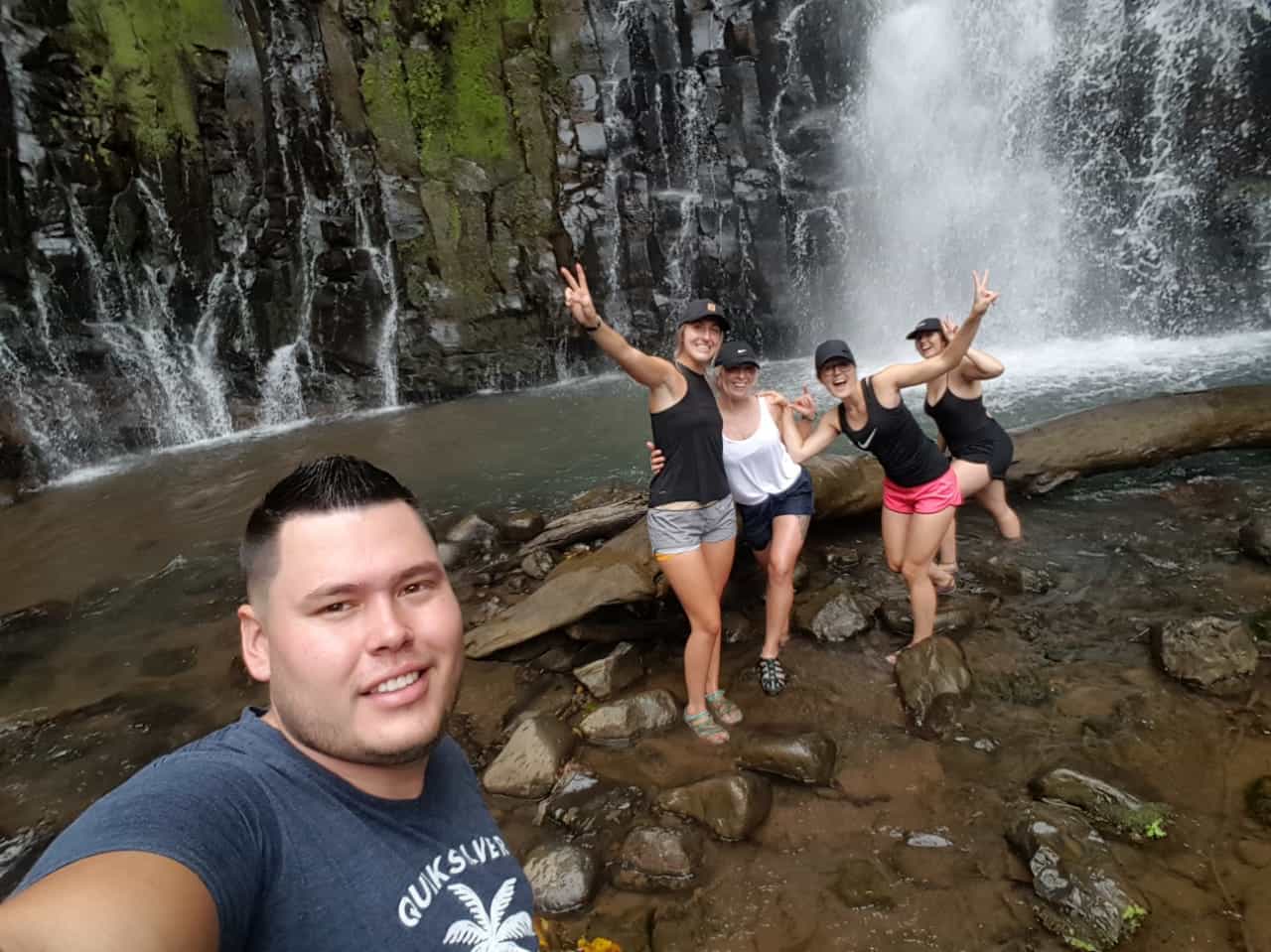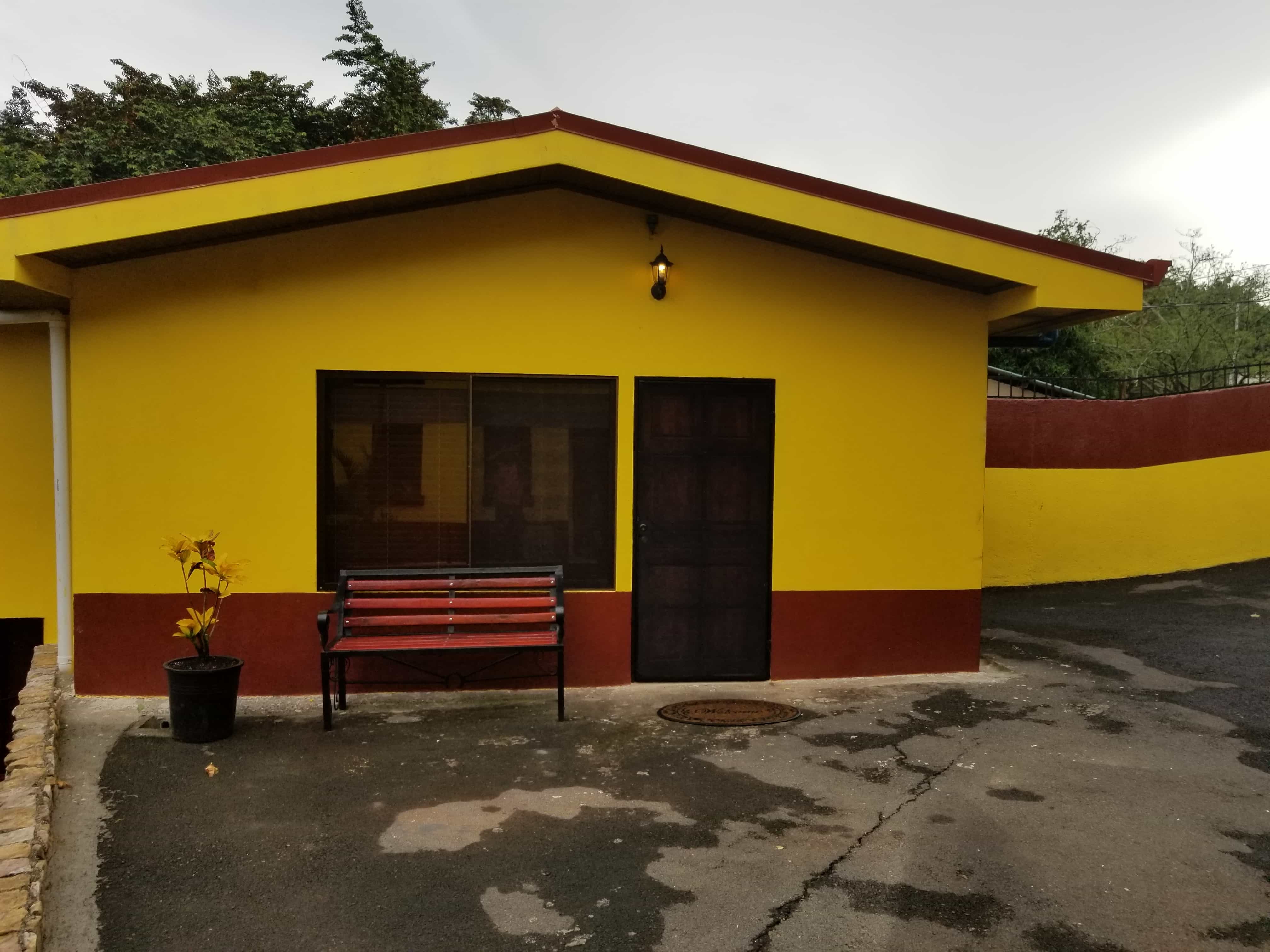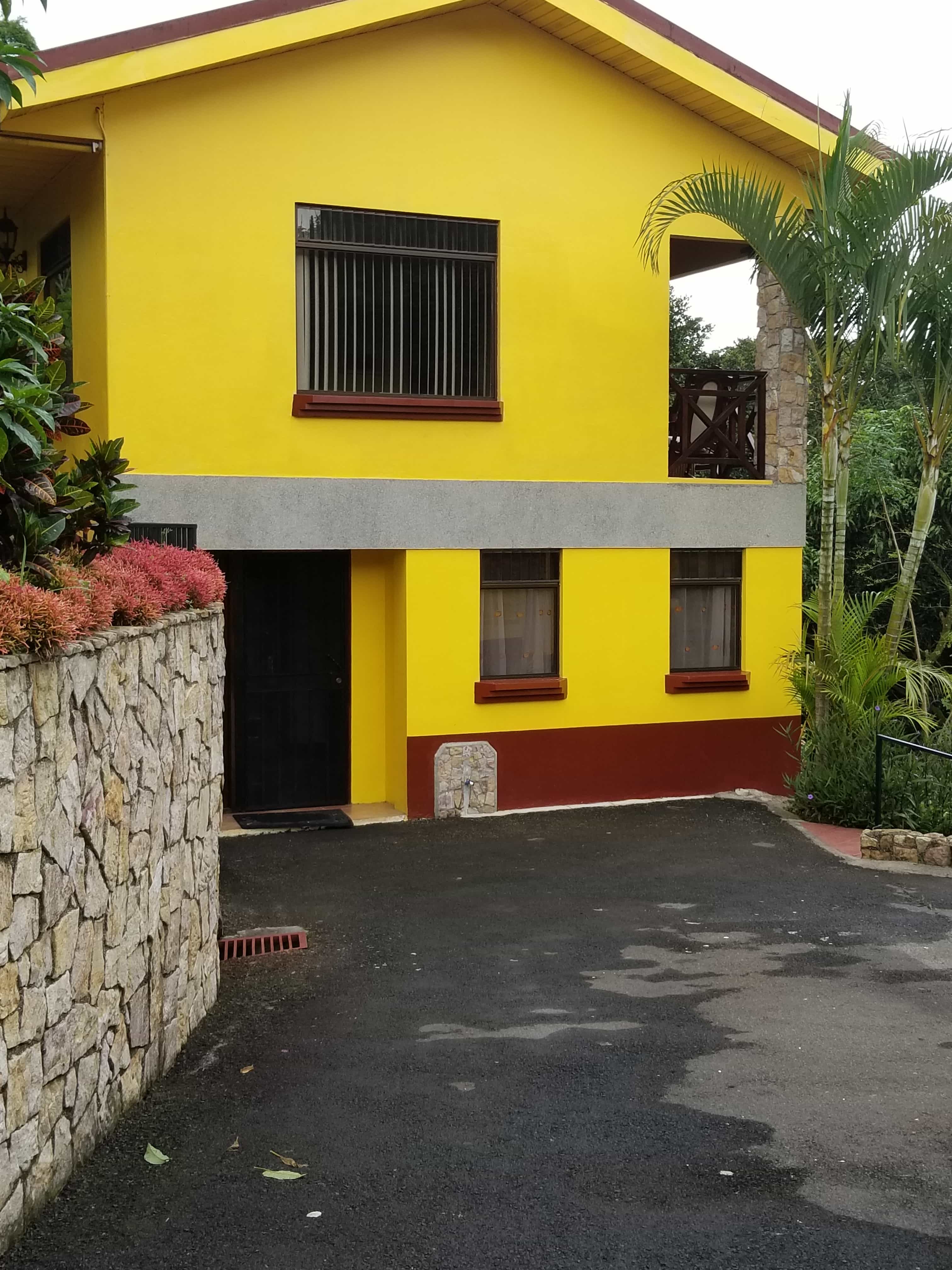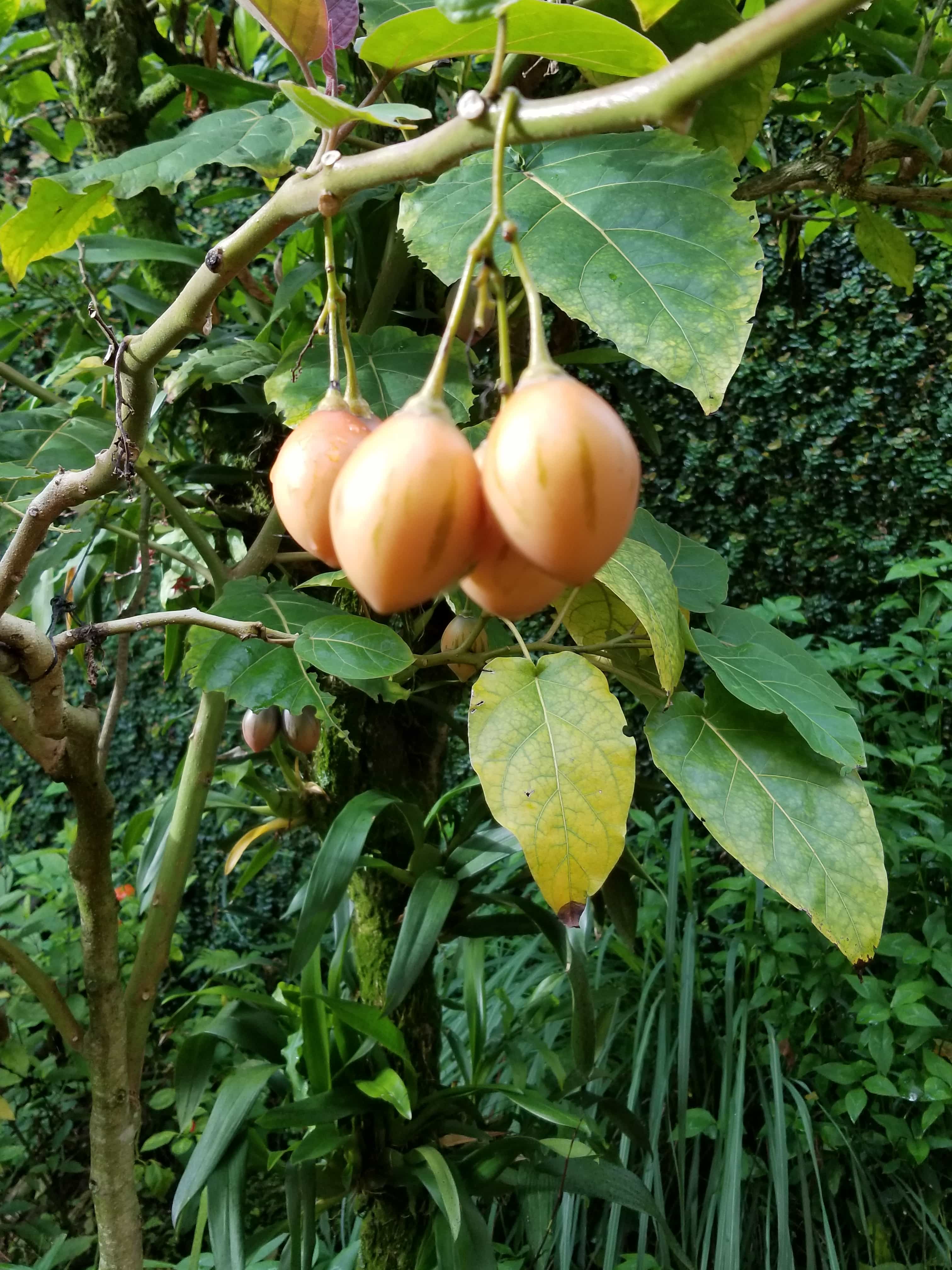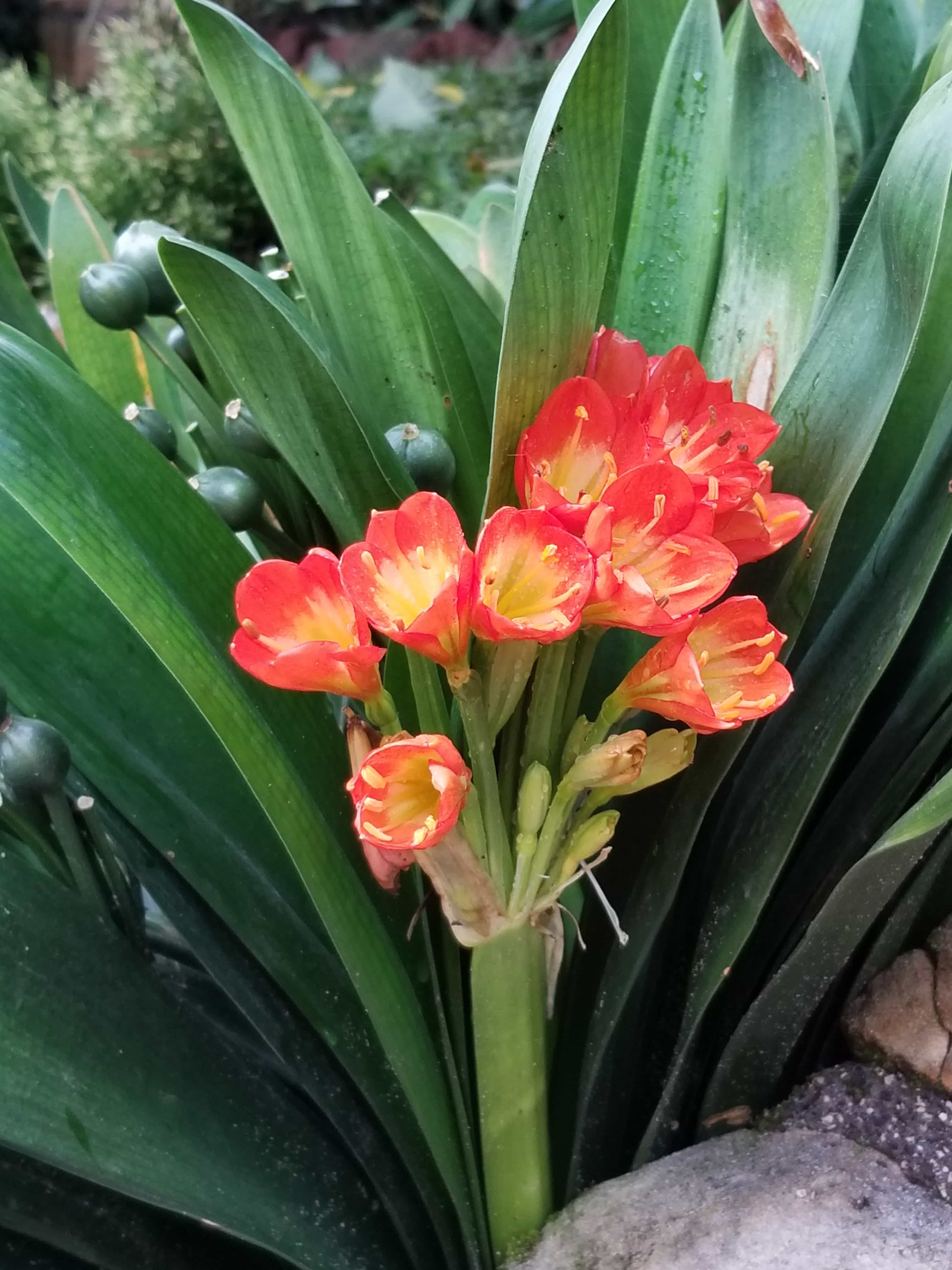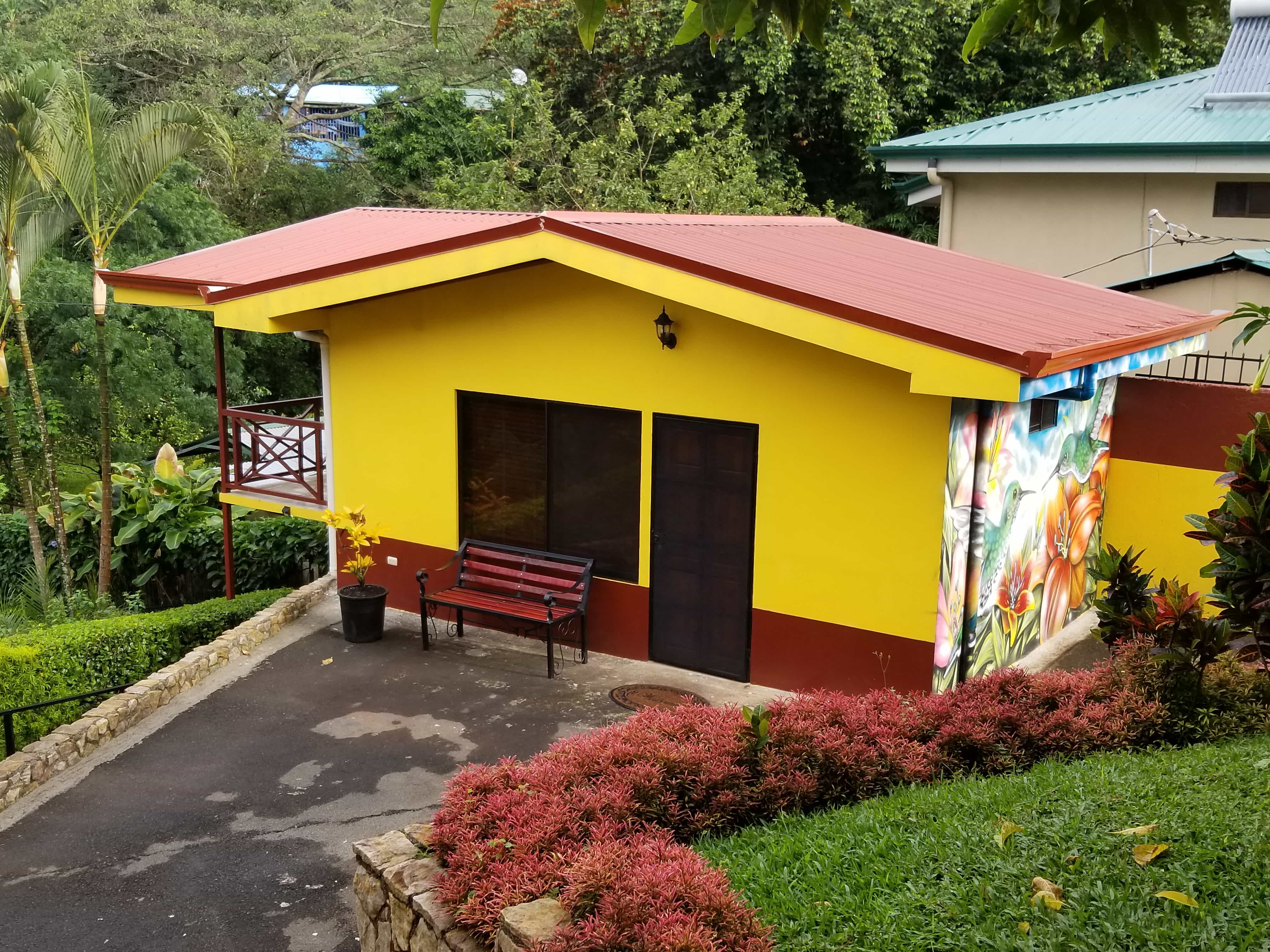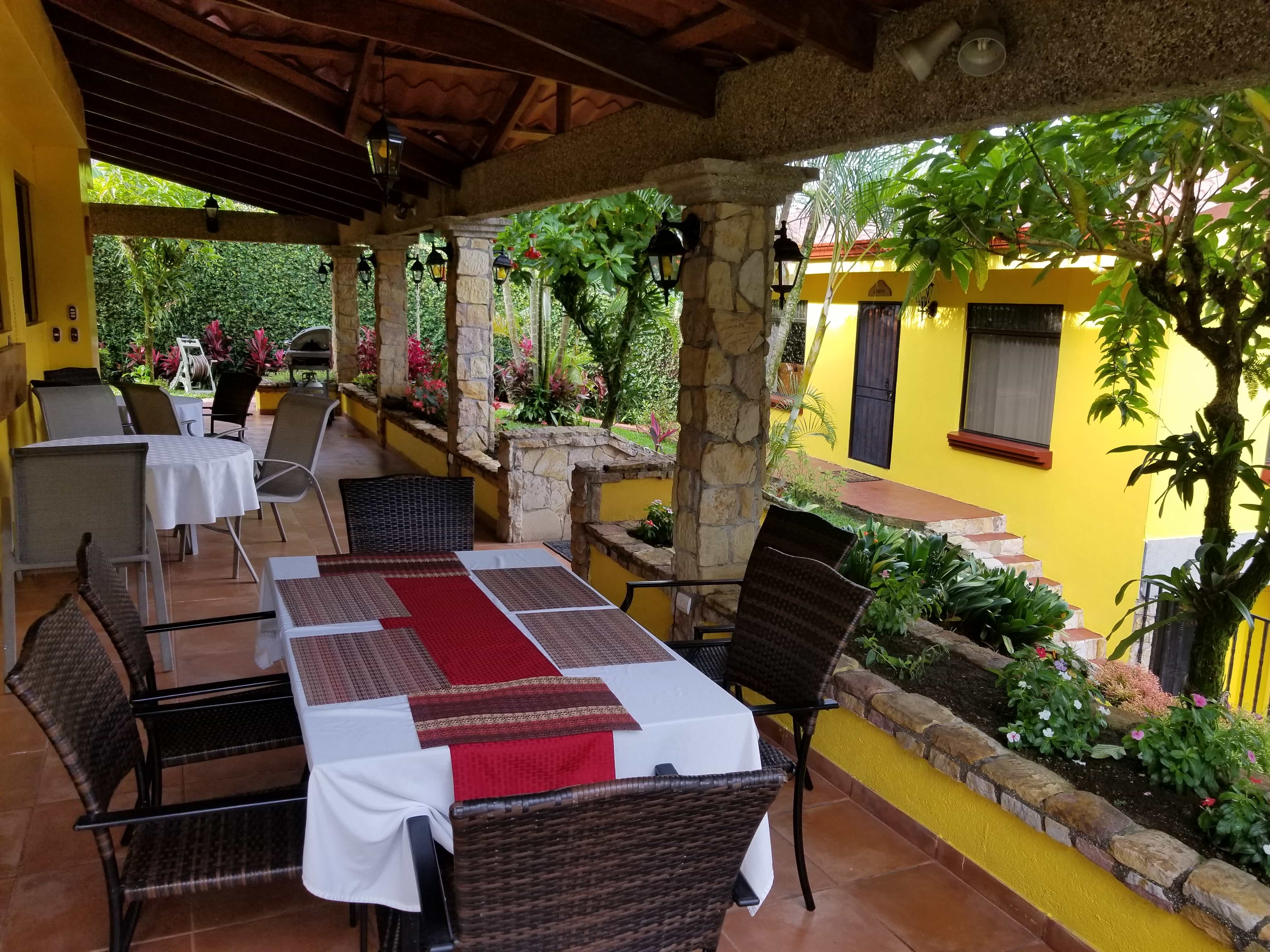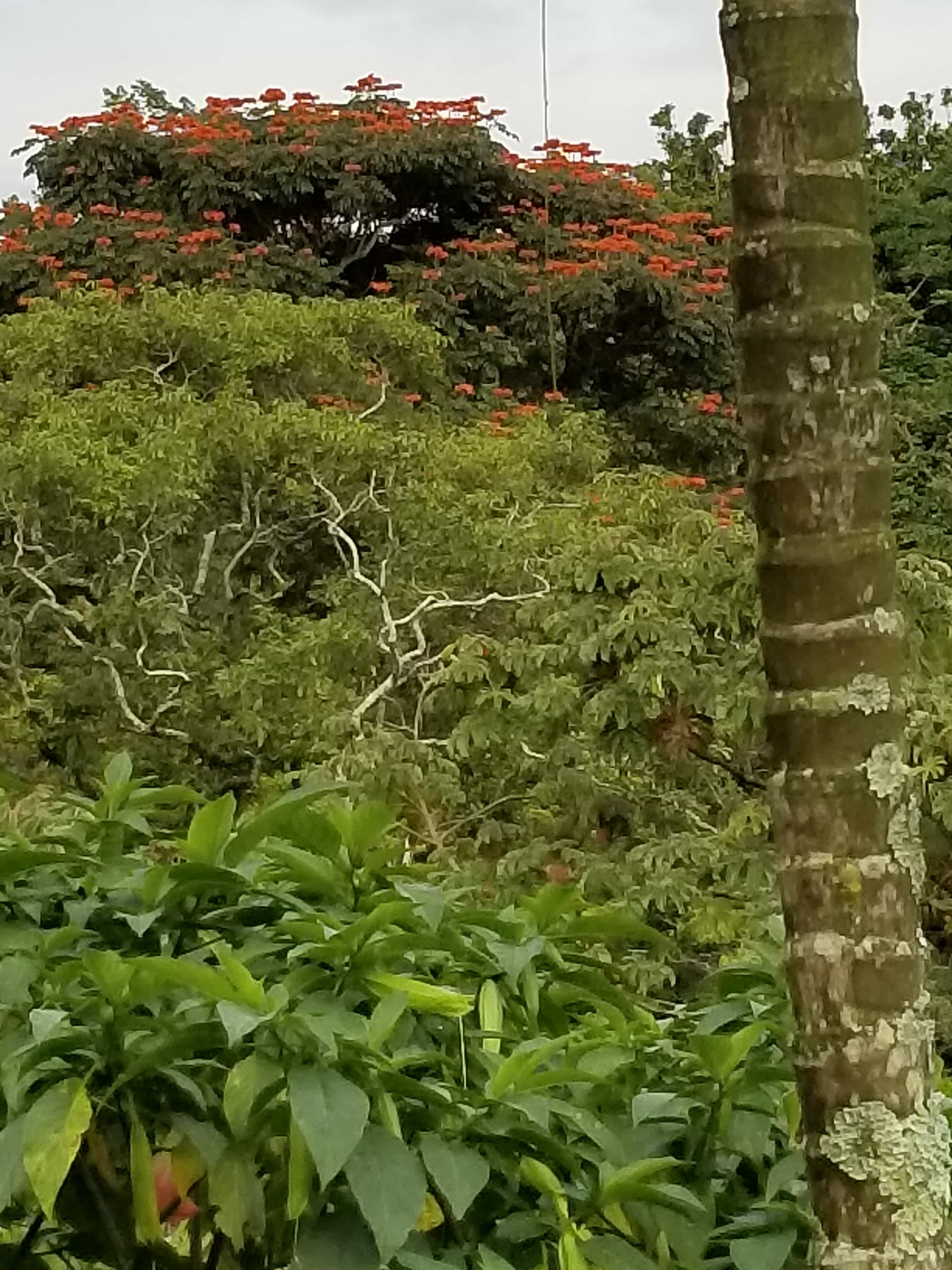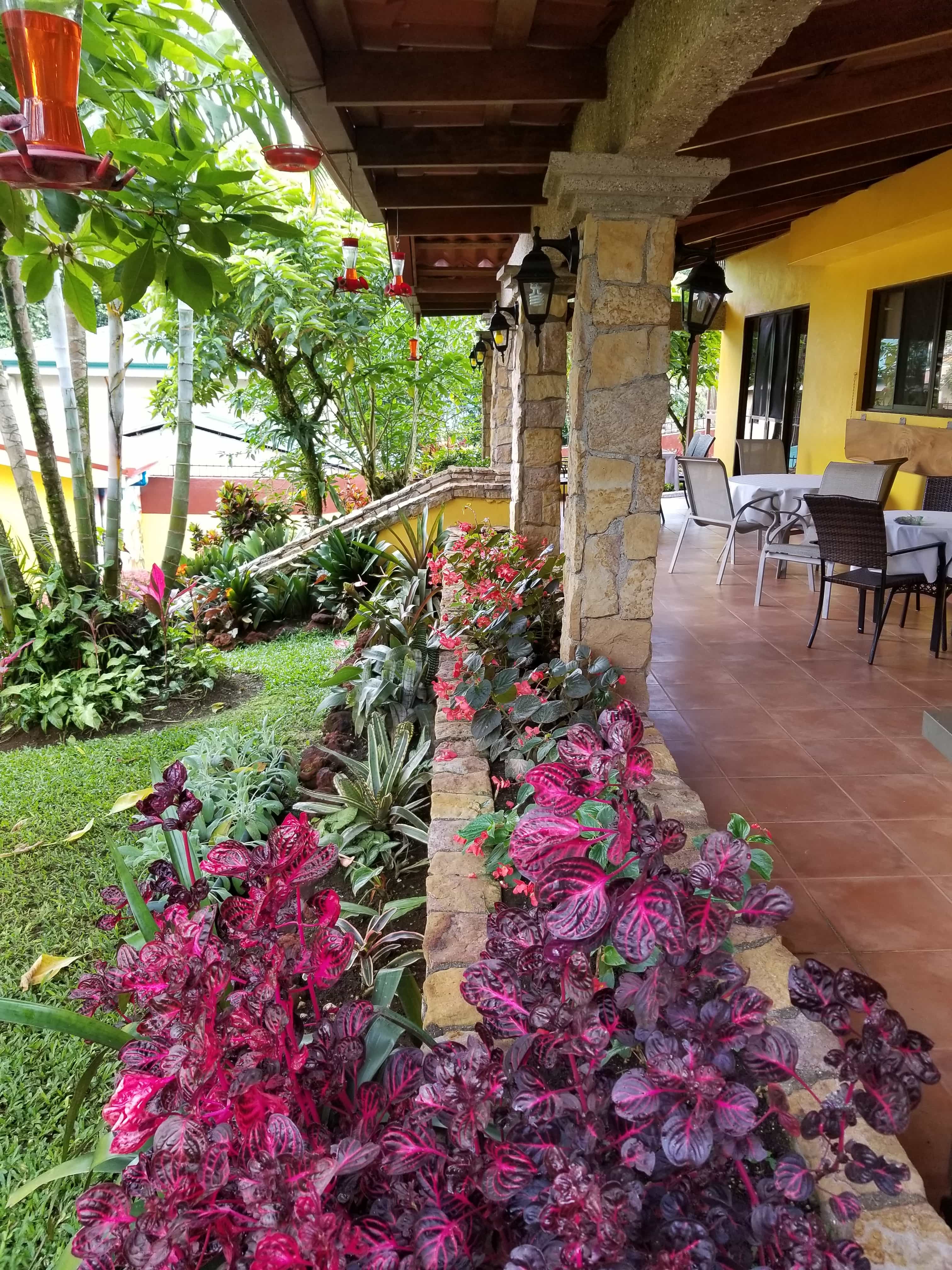African Americans Need to Travel

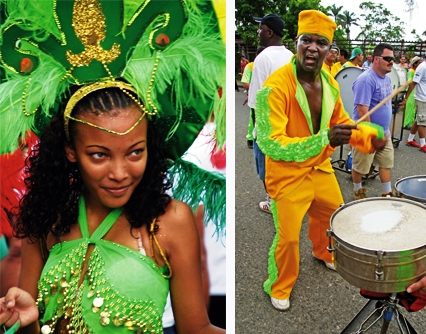
 It really is not an option. Travel is education. Education in the United States in the schools that I attended erased the history of African Americans. They have since added some information in recent years, but with limits. The only black history stories I ever heard talked about were of 3 or 4 blacks who were successful. My history was a white world. The only black people in the world lived in Africa and in the United States. I did not know about the black people who lived in places like the Fiji Islands, Venezuela, Chile, Nicaragua, Argentina, and many other countries.
It really is not an option. Travel is education. Education in the United States in the schools that I attended erased the history of African Americans. They have since added some information in recent years, but with limits. The only black history stories I ever heard talked about were of 3 or 4 blacks who were successful. My history was a white world. The only black people in the world lived in Africa and in the United States. I did not know about the black people who lived in places like the Fiji Islands, Venezuela, Chile, Nicaragua, Argentina, and many other countries.
When I traveled to Germany in 1961, I saw art in the major churches showing African kings and queens for the first time. It was while in Germany that the stories my mom had read to us about African royalty changed from fiction to reality. There are some places in the world where our history is not hidden but proudly being told.
We think we understand what being enslaved meant, but the deeper meaning of what really happened to our history is not limited to chains and shackles. Our existence was stolen and is still being stifled and mocked. Now, by just wanting to know about our very existence and our rights as human beings, we are stereotyped as socialist, communist or un-American. No one wants to discuss it, but we are still living in a country where the majority population feels that we don’t belong there.
You will never know and understand the full tragedy of slavery, prejudice and hate crimes perpetrated against African people who were transported worldwide, bound in chains, unless you travel. Nor will you be able to make a change in how others view us if they never see us. If you travel you will see our African brothers from a variety of countries living and traveling all over the world. We North Americans of African descendent have the greater freedom of travel than our brothers and sisters from other countries. When we travel we are ambassadors of understanding and information as to who we are and how we play an important role in these times. If we do not travel, the understanding of us as a people is lost. How can people get to know us if we don’t reach out and travel? We are better equipped financially and politically to travel the world. People all over the world think that all North Americans are white people because that is who they see.
Your children and you would benefit from coming to visit not only Costa Rica but Central America in general. Sure, you might travel to the Bahamas, but usually you go to a fancy hotel, go on a few tours and purchase things at the Straw Market. Very few tourists actually get to know the Bahamian people and their culture. We go on these safe trips, where people speak our language and practice our customs.
Costa Rica at one time was considered a 3rd world country and now it is classified as a 2nd world country. In Costa Rica and in many of the other countries of Central America, young people from Europe and many young white students from the US and Canada come to visit, work and study. They learn the language, the culture and customs of a people different from themselves. These opportunities are open to black students as well.
At the moment, I’m having a disagreement with my son about my staff in our B&B here in Costa Rica  not speaking English. He has a good point about it, but I want my staff to speak their language when we have guests. I want them to be patient with the guest. In the morning I don’t want them saying “good morning”, I want them to say “buenas dias”. I’ve already adjusted many things we offer to the North American customary life style. Our guest can order an American-style breakfast; our rooms have familiar amenities that make our guest feel comfortable. But it would be an injustice for me to not expose our visitors to the customs and language of the country they are visiting. Most of my guests did not take a trip to Costa Rica to enjoy what they already have in the USA or Canada.
not speaking English. He has a good point about it, but I want my staff to speak their language when we have guests. I want them to be patient with the guest. In the morning I don’t want them saying “good morning”, I want them to say “buenas dias”. I’ve already adjusted many things we offer to the North American customary life style. Our guest can order an American-style breakfast; our rooms have familiar amenities that make our guest feel comfortable. But it would be an injustice for me to not expose our visitors to the customs and language of the country they are visiting. Most of my guests did not take a trip to Costa Rica to enjoy what they already have in the USA or Canada.
There is so much to explore and to learn here. For example, understanding the difference in the foods we eat and why we eat the foods we eat. Some fruits you see here in Costa Rica look strange to us but they are as common as the pear in our country. And then there is the wildlife – I’ve seen many strange looking animals here, but of course Costa Rica has a tropical climate. Many of the animals here are ‘cousins’ of common animals we see in the US, only they are adapted to this climate. And I’ve never seen so many different types of birds, and flowering plants, and styles of houses, and clever solutions to dealing with common problems. It is amazing, just when you think you have seen almost everything, more new things come to light.
Costa Rica isn’t just beaches and canopy walks. There is a vibrant black culture on the Caribbean coast in the Province of Limon. What is amazing to me is that African Americans come here and tell me they are not going to Limon because it is dangerous. Let me ask you – who told you it was dangerous? Compared to what? Limon is wonderful and there is nothing to fear. There is no part of Costa Rica that I could put into comparison with what happens in cities in the US. If you come to Costa Rica, please include Limon in your travel plans and rediscover a rich part of our heritage. Educate and enrich your life by traveling!
African Americans Need to Travel


 It really is not an option. Travel is education. Education in the United States in the schools that I attended erased the history of African Americans. They have since added some information in recent years, but with limits. The only black history stories I ever heard talked about were of 3 or 4 blacks who were successful. My history was a white world. The only black people in the world lived in Africa and in the United States. I did not know about the black people who lived in places like the Fiji Islands, Venezuela, Chile, Nicaragua, Argentina, and many other countries.
It really is not an option. Travel is education. Education in the United States in the schools that I attended erased the history of African Americans. They have since added some information in recent years, but with limits. The only black history stories I ever heard talked about were of 3 or 4 blacks who were successful. My history was a white world. The only black people in the world lived in Africa and in the United States. I did not know about the black people who lived in places like the Fiji Islands, Venezuela, Chile, Nicaragua, Argentina, and many other countries.
When I traveled to Germany in 1961, I saw art in the major churches showing African kings and queens for the first time. It was while in Germany that the stories my mom had read to us about African royalty changed from fiction to reality. There are some places in the world where our history is not hidden but proudly being told.
We think we understand what being enslaved meant, but the deeper meaning of what really happened to our history is not limited to chains and shackles. Our existence was stolen and is still being stifled and mocked. Now, by just wanting to know about our very existence and our rights as human beings, we are stereotyped as socialist, communist or un-American. No one wants to discuss it, but we are still living in a country where the majority population feels that we don’t belong there.
You will never know and understand the full tragedy of slavery, prejudice and hate crimes perpetrated against African people who were transported worldwide, bound in chains, unless you travel. Nor will you be able to make a change in how others view us if they never see us. If you travel you will see our African brothers from a variety of countries living and traveling all over the world. We North Americans of African descendent have the greater freedom of travel than our brothers and sisters from other countries. When we travel we are ambassadors of understanding and information as to who we are and how we play an important role in these times. If we do not travel, the understanding of us as a people is lost. How can people get to know us if we don’t reach out and travel? We are better equipped financially and politically to travel the world. People all over the world think that all North Americans are white people because that is who they see.
Your children and you would benefit from coming to visit not only Costa Rica but Central America in general. Sure, you might travel to the Bahamas, but usually you go to a fancy hotel, go on a few tours and purchase things at the Straw Market. Very few tourists actually get to know the Bahamian people and their culture. We go on these safe trips, where people speak our language and practice our customs.
Costa Rica at one time was considered a 3rd world country and now it is classified as a 2nd world country. In Costa Rica and in many of the other countries of Central America, young people from Europe and many young white students from the US and Canada come to visit, work and study. They learn the language, the culture and customs of a people different from themselves. These opportunities are open to black students as well.
At the moment, I’m having a disagreement with my son about my staff in our B&B here in Costa Rica  not speaking English. He has a good point about it, but I want my staff to speak their language when we have guests. I want them to be patient with the guest. In the morning I don’t want them saying “good morning”, I want them to say “buenas dias”. I’ve already adjusted many things we offer to the North American customary life style. Our guest can order an American-style breakfast; our rooms have familiar amenities that make our guest feel comfortable. But it would be an injustice for me to not expose our visitors to the customs and language of the country they are visiting. Most of my guests did not take a trip to Costa Rica to enjoy what they already have in the USA or Canada.
not speaking English. He has a good point about it, but I want my staff to speak their language when we have guests. I want them to be patient with the guest. In the morning I don’t want them saying “good morning”, I want them to say “buenas dias”. I’ve already adjusted many things we offer to the North American customary life style. Our guest can order an American-style breakfast; our rooms have familiar amenities that make our guest feel comfortable. But it would be an injustice for me to not expose our visitors to the customs and language of the country they are visiting. Most of my guests did not take a trip to Costa Rica to enjoy what they already have in the USA or Canada.
There is so much to explore and to learn here. For example, understanding the difference in the foods we eat and why we eat the foods we eat. Some fruits you see here in Costa Rica look strange to us but they are as common as the pear in our country. And then there is the wildlife – I’ve seen many strange looking animals here, but of course Costa Rica has a tropical climate. Many of the animals here are ‘cousins’ of common animals we see in the US, only they are adapted to this climate. And I’ve never seen so many different types of birds, and flowering plants, and styles of houses, and clever solutions to dealing with common problems. It is amazing, just when you think you have seen almost everything, more new things come to light.
Costa Rica isn’t just beaches and canopy walks. There is a vibrant black culture on the Caribbean coast in the Province of Limon. What is amazing to me is that African Americans come here and tell me they are not going to Limon because it is dangerous. Let me ask you – who told you it was dangerous? Compared to what? Limon is wonderful and there is nothing to fear. There is no part of Costa Rica that I could put into comparison with what happens in cities in the US. If you come to Costa Rica, please include Limon in your travel plans and rediscover a rich part of our heritage. Educate and enrich your life by traveling!
Leave a Reply
African Americans Need to Travel


 It really is not an option. Travel is education. Education in the United States in the schools that I attended erased the history of African Americans. They have since added some information in recent years, but with limits. The only black history stories I ever heard talked about were of 3 or 4 blacks who were successful. My history was a white world. The only black people in the world lived in Africa and in the United States. I did not know about the black people who lived in places like the Fiji Islands, Venezuela, Chile, Nicaragua, Argentina, and many other countries.
It really is not an option. Travel is education. Education in the United States in the schools that I attended erased the history of African Americans. They have since added some information in recent years, but with limits. The only black history stories I ever heard talked about were of 3 or 4 blacks who were successful. My history was a white world. The only black people in the world lived in Africa and in the United States. I did not know about the black people who lived in places like the Fiji Islands, Venezuela, Chile, Nicaragua, Argentina, and many other countries.
When I traveled to Germany in 1961, I saw art in the major churches showing African kings and queens for the first time. It was while in Germany that the stories my mom had read to us about African royalty changed from fiction to reality. There are some places in the world where our history is not hidden but proudly being told.
We think we understand what being enslaved meant, but the deeper meaning of what really happened to our history is not limited to chains and shackles. Our existence was stolen and is still being stifled and mocked. Now, by just wanting to know about our very existence and our rights as human beings, we are stereotyped as socialist, communist or un-American. No one wants to discuss it, but we are still living in a country where the majority population feels that we don’t belong there.
You will never know and understand the full tragedy of slavery, prejudice and hate crimes perpetrated against African people who were transported worldwide, bound in chains, unless you travel. Nor will you be able to make a change in how others view us if they never see us. If you travel you will see our African brothers from a variety of countries living and traveling all over the world. We North Americans of African descendent have the greater freedom of travel than our brothers and sisters from other countries. When we travel we are ambassadors of understanding and information as to who we are and how we play an important role in these times. If we do not travel, the understanding of us as a people is lost. How can people get to know us if we don’t reach out and travel? We are better equipped financially and politically to travel the world. People all over the world think that all North Americans are white people because that is who they see.
Your children and you would benefit from coming to visit not only Costa Rica but Central America in general. Sure, you might travel to the Bahamas, but usually you go to a fancy hotel, go on a few tours and purchase things at the Straw Market. Very few tourists actually get to know the Bahamian people and their culture. We go on these safe trips, where people speak our language and practice our customs.
Costa Rica at one time was considered a 3rd world country and now it is classified as a 2nd world country. In Costa Rica and in many of the other countries of Central America, young people from Europe and many young white students from the US and Canada come to visit, work and study. They learn the language, the culture and customs of a people different from themselves. These opportunities are open to black students as well.
At the moment, I’m having a disagreement with my son about my staff in our B&B here in Costa Rica  not speaking English. He has a good point about it, but I want my staff to speak their language when we have guests. I want them to be patient with the guest. In the morning I don’t want them saying “good morning”, I want them to say “buenas dias”. I’ve already adjusted many things we offer to the North American customary life style. Our guest can order an American-style breakfast; our rooms have familiar amenities that make our guest feel comfortable. But it would be an injustice for me to not expose our visitors to the customs and language of the country they are visiting. Most of my guests did not take a trip to Costa Rica to enjoy what they already have in the USA or Canada.
not speaking English. He has a good point about it, but I want my staff to speak their language when we have guests. I want them to be patient with the guest. In the morning I don’t want them saying “good morning”, I want them to say “buenas dias”. I’ve already adjusted many things we offer to the North American customary life style. Our guest can order an American-style breakfast; our rooms have familiar amenities that make our guest feel comfortable. But it would be an injustice for me to not expose our visitors to the customs and language of the country they are visiting. Most of my guests did not take a trip to Costa Rica to enjoy what they already have in the USA or Canada.
There is so much to explore and to learn here. For example, understanding the difference in the foods we eat and why we eat the foods we eat. Some fruits you see here in Costa Rica look strange to us but they are as common as the pear in our country. And then there is the wildlife – I’ve seen many strange looking animals here, but of course Costa Rica has a tropical climate. Many of the animals here are ‘cousins’ of common animals we see in the US, only they are adapted to this climate. And I’ve never seen so many different types of birds, and flowering plants, and styles of houses, and clever solutions to dealing with common problems. It is amazing, just when you think you have seen almost everything, more new things come to light.
Costa Rica isn’t just beaches and canopy walks. There is a vibrant black culture on the Caribbean coast in the Province of Limon. What is amazing to me is that African Americans come here and tell me they are not going to Limon because it is dangerous. Let me ask you – who told you it was dangerous? Compared to what? Limon is wonderful and there is nothing to fear. There is no part of Costa Rica that I could put into comparison with what happens in cities in the US. If you come to Costa Rica, please include Limon in your travel plans and rediscover a rich part of our heritage. Educate and enrich your life by traveling!








